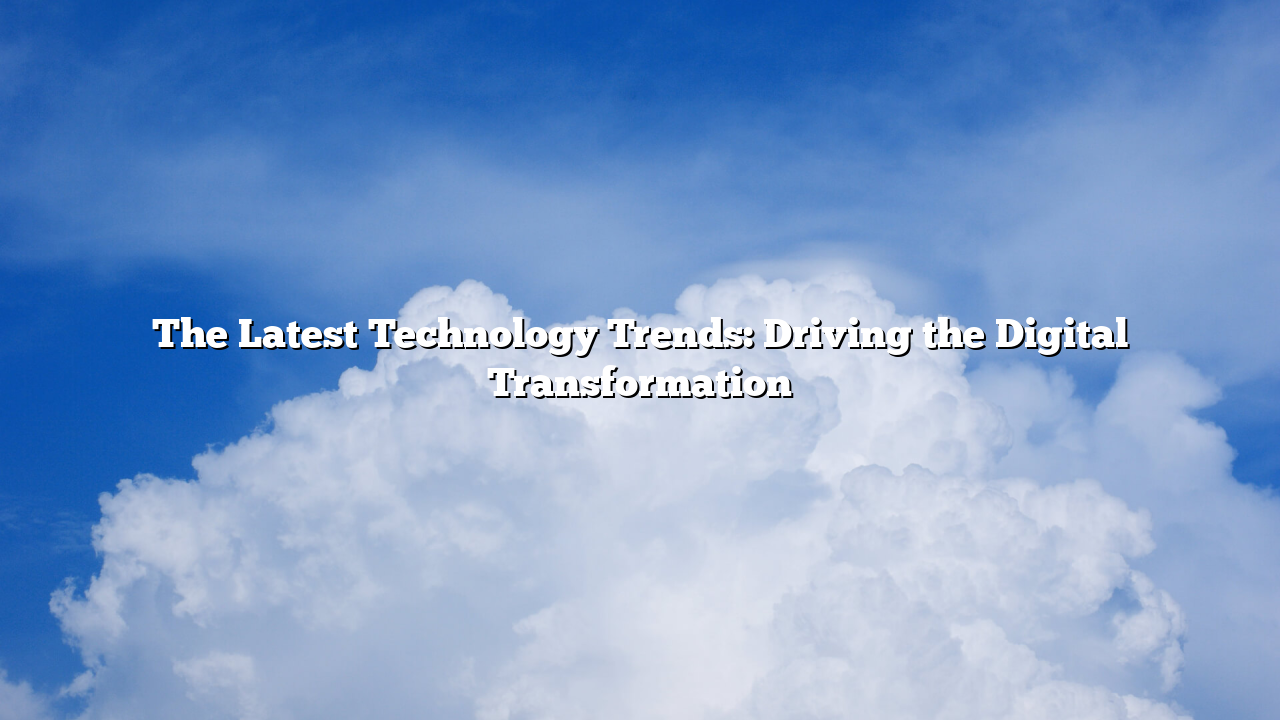The rapid advancement of technology continues to reshape the world in unprecedented ways. From the way people work to how businesses operate and societies interact, technology trends are at the heart of this transformation. The latest innovations highlight not only Tempur99 opportunities for growth but also challenges that must be carefully managed to ensure inclusivity and sustainability.
One of the most significant developments is the rise of Artificial Intelligence (AI). No longer limited to research labs, AI has become an integral part of daily life and business operations. It is used in healthcare for faster diagnoses, in finance for fraud detection, in education for personalized learning, and in creative industries for generating content. Generative AI, in particular, is transforming productivity, enabling machines to draft text, create images, and even compose music. While AI promises efficiency and new opportunities, it also raises concerns about job displacement and ethical use.
Another major trend is the growth of the Internet of Things (IoT). Devices and systems are increasingly interconnected, from smart homes and wearable gadgets to autonomous vehicles and industrial sensors. IoT provides convenience, efficiency, and data-driven insights, creating a fully connected ecosystem. However, the more devices are linked to the internet, the greater the need for robust cybersecurity to prevent potential breaches and protect personal data.
5G technology is another foundation of the digital era. Offering higher speed, lower latency, and greater connectivity, 5G is enabling innovations such as augmented reality (AR), virtual reality (VR), and smart cities. It also supports the development of autonomous systems and advanced robotics, paving the way for industries to achieve unprecedented levels of automation and real-time communication.
In parallel, blockchain and Web3 technologies are gaining momentum. Beyond cryptocurrencies, blockchain offers transparency, security, and decentralization in a wide range of applications, from supply chain management to digital identity verification. Web3 promises a more user-controlled internet, although adoption and regulation remain complex and uneven across different regions.
Sustainability is also becoming a defining factor in technology trends. The rise of green technology reflects global concern over climate change and environmental impact. Companies are investing in renewable energy, energy-efficient devices, and sustainable production methods. Battery innovations, smart grids, and eco-friendly computing solutions highlight how technology can contribute to long-term environmental goals.
Another area drawing attention is quantum computing. Though still in its early stages, it has the potential to revolutionize fields requiring immense computational power, such as pharmaceuticals, cryptography, and advanced scientific research. Unlike classical computers, quantum machines can process complex calculations at speeds previously thought impossible, making them a frontier worth watching in the coming decade.
Collectively, these trends point toward a future that is smarter, more connected, and increasingly digital. Yet, alongside innovation comes responsibility. Issues such as data privacy, digital inequality, and ethical challenges must be addressed to ensure that technology serves all of humanity, not just a privileged few.
The latest technology trends are not just tools of convenience—they are shaping the foundations of society, economy, and culture. By embracing innovation while remaining mindful of its implications, the global community can harness technology as a powerful driver of progress and sustainability in the modern era.
